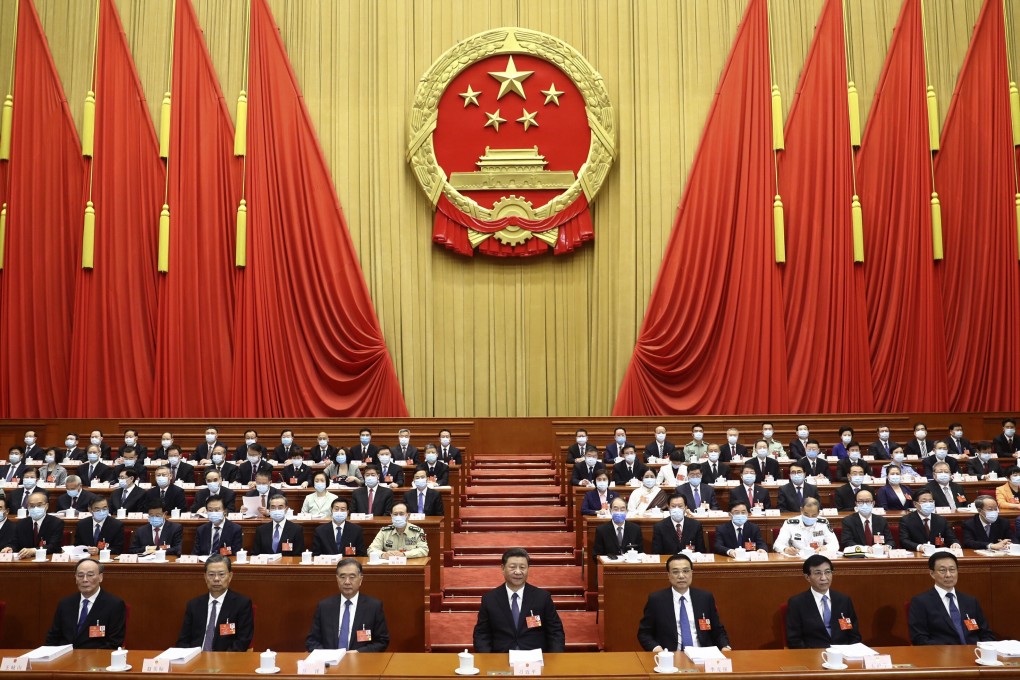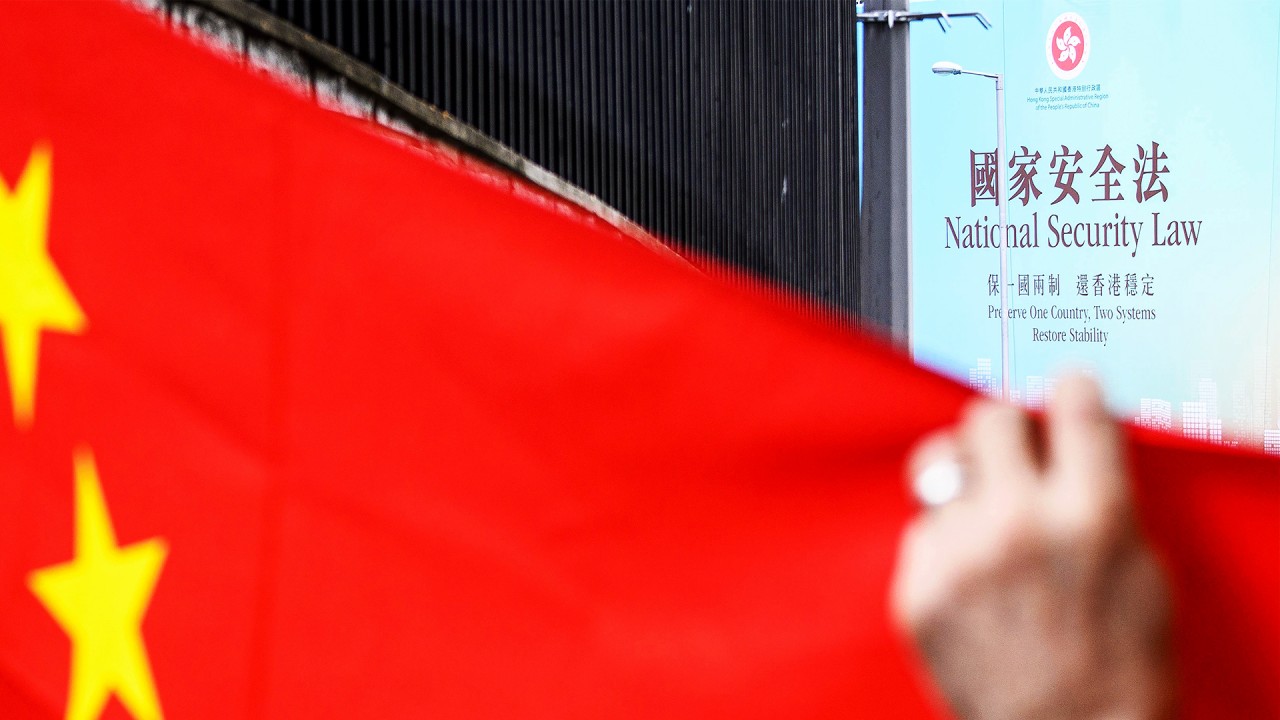Opinion | Why the West must learn from China, not try to change or destroy it
- Tensions stem from the fact China’s economic success and modernisation do not conform to beliefs derived from the evolution of Western modernisation
- If Western critics can be guided by a spirit of cooperation and engagement, there will be no need to fear a rising China

Time magazine’s cover on November 13, 2017 stated in both Chinese and English, “China Won.” Ian Bremmer wrote in the cover story that, “As recently as five years ago, there was consensus that China would one day need fundamental political reform for the state to maintain its legitimacy and that China could not sustain its state capitalist system. Today China’s political and economic system is better equipped and perhaps even more sustainable than the American model.”
In February, the 56th Munich Security Conference took place with a peculiar topic – “Westlessness”. It suggested a crisis of identity and existence in Western countries and a sense of uncertainty about the extent of the West’s global relevance in the age of a rising China and multipolar world order.
These beliefs assume several presumed causal relationships in which economic modernisation eventually leads a country into stages of secularisation, a plural society, political competition and electoral democracy.

01:36
China to restrict visas for Americans ‘interfering’ in Hong Kong

